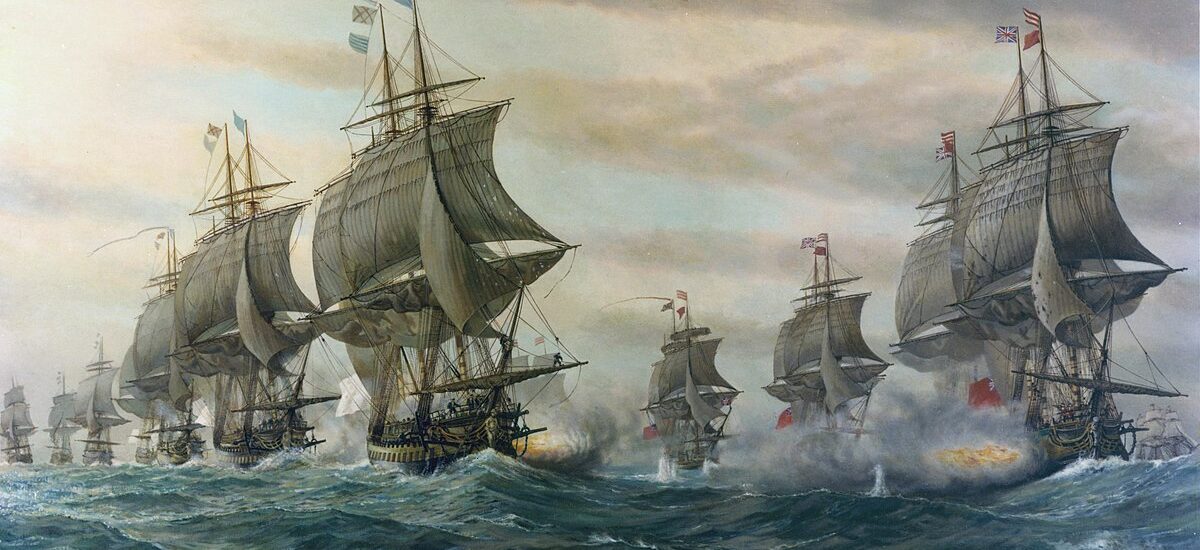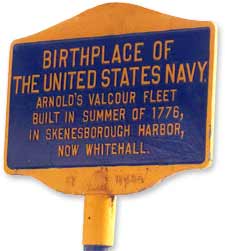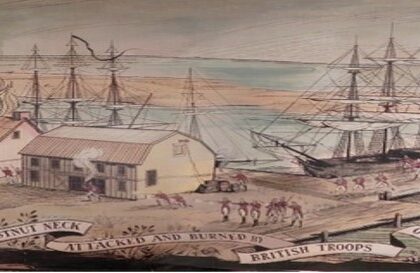Welcome to the site of the 1781 Battle of the Capes, a pivotal moment in the American Revolutionary War. As you stand or drive by this historic location, imagine the vast expanse of the Chesapeake Bay before you, teeming with the sails of the British and French fleets. This is where, on September 5, 1781, naval forces clashed in a confrontation that would tip the scales of the war in favor of American independence.
The Battle of the Capes, also known as the Battle of the Chesapeake, was not merely a naval engagement but a strategic turning point. At the helm of the French fleet was the formidable Admiral François Joseph Paul, the Comte de Grasse. He faced off against the British fleet commanded by Rear Admiral Sir Thomas Graves. While the battle itself was tactically inconclusive, its outcome had profound strategic implications. The French fleet succeeded in blocking the British from entering Chesapeake Bay, effectively preventing them from reinforcing or evacuating the troops of General Charles Cornwallis, who were entrenched at Yorktown, Virginia.
This naval blockade set the stage for the Siege of Yorktown, where American and French forces, under the leadership of General George Washington and the Comte de Rochambeau, besieged Cornwallis’s troops. The eventual surrender of Cornwallis on October 19, 1781, marked a decisive victory for the American forces and paved the way for the end of the Revolutionary War.
The battle itself was a spectacle of naval maneuvering. De Grasse had arrived in the Chesapeake Bay with 24 ships of the line. As Graves approached with 19 ships from New York, the two fleets engaged in a series of tactical maneuvers, with their lines of battle clashing only partially. Despite no clear tactical victor, the strategic French success lay in maintaining control of the bay.
In the grand tapestry of history, the Battle of the Capes was a key thread. It demonstrated the critical role of alliances, as the French support was instrumental in the American fight for independence. The battle also underscored the importance of naval power, a lesson that resonated through subsequent centuries.
Today, the legacy of the Battle of the Capes is remembered as a defining moment of cooperation and strategy. This site is a testament to the complexities of war and the enduring quest for freedom. As you reflect on the events that unfolded here, consider the bravery and determination of those who fought for a future they could only imagine. This battle was not just about ships and cannon fire; it was about shaping the destiny of a nation.
Whether you’re exploring this site on foot, driving by, or learning from afar, the story of the Battle of the Capes is a reminder of the power of collaboration and the pivotal moments that change the course of history. The echoes of that fateful day in 1781 still resonate, reminding us of the courage and vision that forged a new nation.






